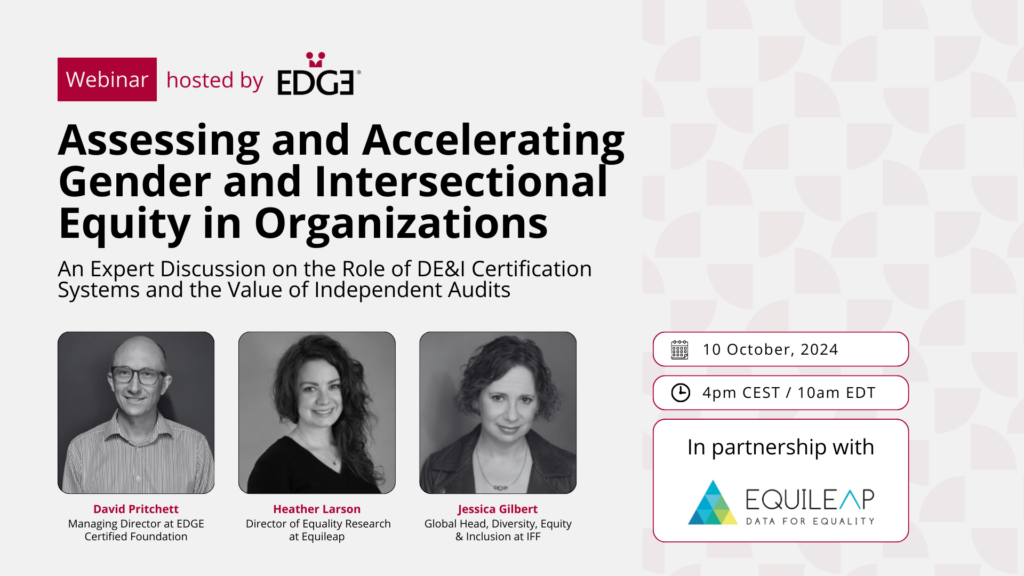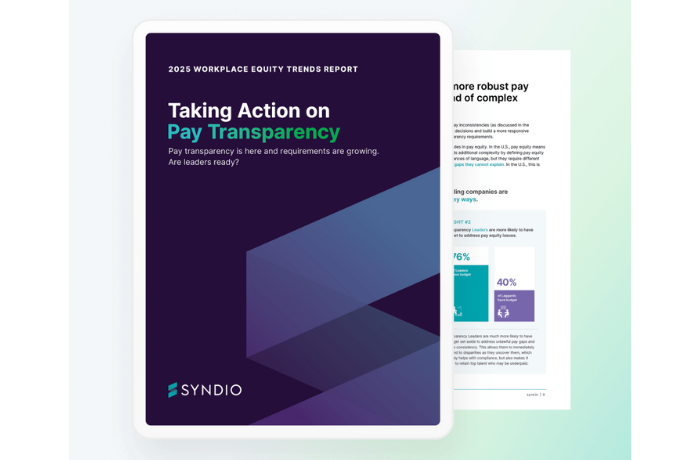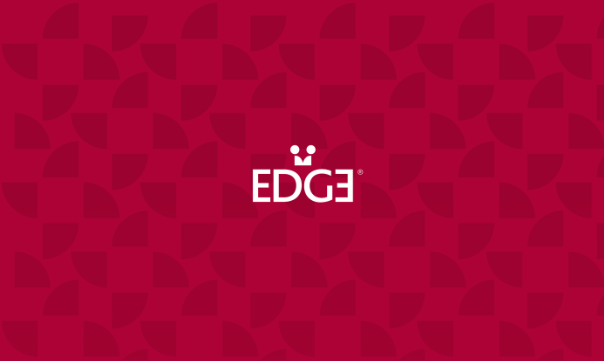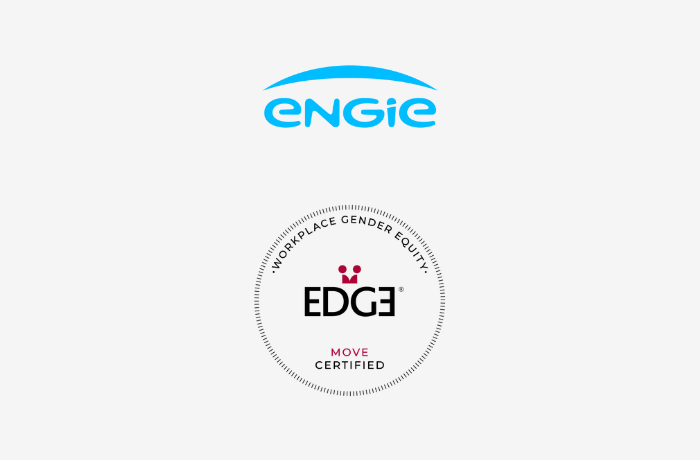Each month, we bring together a curated selection of thought-provoking research and articles from across the field of gender and intersectional equity, DE&I, and independent certification. Our aim is to guide you to the latest publications that align with the evolving conversations in this space, helping you stay on top of industry trends and deepen your understanding.

In March 2024, S&P Global reported that, for the first time in two decades, women lost C-suite seats in the S&P Total Market Index. While the report provided an overview of C-suite gender diversity, it didn’t dive into specific leadership roles. Russell Reynolds Associates have now analyzed the representation of women across key leadership positions in America’s largest public companies. Key findings and recommendations include:
- Women are underrepresented in pivotal CEO feeder roles like CFO, COO, and P&L leadership.
- Organizations must ensure women leaders feel a sense of belonging and see tangible impacts of their work.


In case you missed it: Earlier this month we were delighted to be joined by Heather Larson, Director of Equality Research at Equileap, and Jessica Gilbert, Global Head, Diversity, Equity, & Inclusion at IFF for a discussion on the importance and value of third-party DE&I certification systems, global audit trends in gender and intersectional equity, and how organizations can leverage DE&I certification systems to assess and accelerate progress in gender and intersectional equity
Business leaders often hesitate on disability inclusion, fearing they’ll “get it wrong.” However, this fear can hinder progress. Small, consistent actions—like engaging with Employee Resource Groups (ERGs) and improving accessibility—can create lasting impact. Successful leaders embrace vulnerability, learn from mistakes, and involve those with lived experiences.
Read the full article “Disability Business Inclusion: What Are You Really Afraid Of?” on Forbes.


Deloitte has conducted research to better understand how organizations are utilizing their DEI leadership to inform the development of AI strategies and models. It shows that while 78% of chief DEI officers surveyed agree that their organization continues to uphold its commitment to DEI alongside investments in AI, some organizations are falling short when it comes to embracing the practices that allow DEI to inform AI strategy e.g., creating AI roles to foster diverse perspectives within AI teams or implementing impact assessment measures to counter potential biases as they incorporate AI.
Syndio, our intellectual and thought partner, has published a Workplace Equity Trends Report which shows the pressures leaders are feeling with growing pay transparency requirements. The Report brings together survey results, research, and insights from over 400 HR and Total Rewards
leaders around the world.
Read the full report to find out the four key trends key trends in pay transparency.



